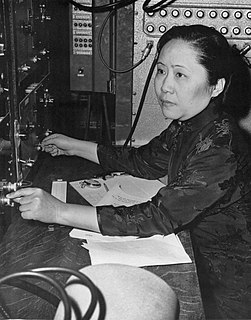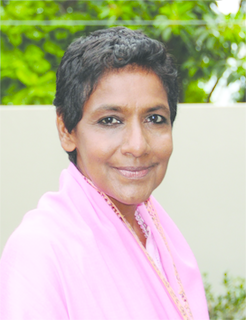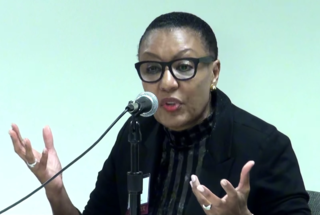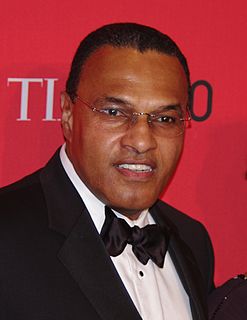A Quote by Margaret Wertheim
When I was a physics major in the late 1970s, my very few fellow female students and I had high hopes that women would soon stand equal with men in science. But progress has proved slower than many of us imagined.
Related Quotes
I studied physics at Princeton when I was a college student, and my initial intention was to major in it but to also be a writer. What I discovered, because it was a very high-powered physics program with its own fusion reactor, was that to keep up with my fellow students in that program I would need to dedicate myself to math and physics all the time and let writing go. And I couldn't let writing go, so I let physics go and became a science fan and a storyteller.
It is shameful that there are so few women in science. [...] In China there are many, many women in physics. There is a misconception in America that women scientists are all dowdy spinsters. This is the fault of men. In Chinese society, a woman is valued for what she is, and men encourage her to accomplishments yet she remains eternally feminine.
Women are different from men in major, major ways. I have found more courage in women than you could ever find in men, and I love men, in terms of father, brother, everyone, disciples, students etc. Yet men have certain powers of compassion that are hard-pressed to be found in a woman to that degree.
I am not very sceptical, — a frame of mind which I believe to be injurious to the progress of science. A good deal of scepticism in a scientific man is advisable to avoid much loss of time, but I have met with not a few men, who, I feel sure, have often thus been deterred from experiment or observations, which would have proved directly or indirectly serviceable .
I had very supportive parents that made the way for me, even at a time when there were very few women - no women, really; maybe two or three women - and very few, fewer than that, African-American women heading in this direction, so there were very few people to look up to. You just had to have faith.
When I studied computer science at Duke University in the first half of the 1980s, I had professors who treated women differently than men. I kind of got used to it. At Microsoft, I had to use my elbows and make sure I spoke up at the table, but it was an incredibly meritocratic place. Outside, in the industry, I would feel the sexism. I'd walk into a room and until I proved my worth, everyone would assume that the guy presenting with me had credibility and I didn't.
As far as my experience goes, men of genius are fairly gifted with the social qualities; and in this age, there appears to be a fellow-feeling among them, which had not heretofore been developed. As men, they ask nothing better than to be on equal terms with their fellow-men; and as authors, they have thrown aside their proverbial jealousy, and acknowledge a generous brotherhood.
The idea of equality is misunderstood. I wouldn't ever argue that everyone is the same, but that differences should not be hierarchical. Attitudes and expectations have been imposed on both men and women. For instance, men had very little to do with the raising of their children before the women's movement. The women's movement has freed men to become more active as fathers. We're living in a period of transition, but change can be much slower than we want, with unintended consequences, and can also be happening without our seeing it.
If men and women were equal, everybody would have the same values.Because at this point in time, many women feel compelled to care for the children, feel empathetically into another person's reality, more so than many men who often are on more of a straight-shooting path towards achievement come what may.
I have tried to read philosophers of all ages and have found many illuminating ideas but no steady progress toward deeper knowledge and understanding. Science, however, gives me the feeling of steady progress: I am convinced that theoretical physics is actual philosophy. It has revolutionized fundamental concepts, e.g., about space and time (relativity), about causality (quantum theory), and about substance and matter (atomistics), and it has taught us new methods of thinking (complementarity) which are applicable far beyond physics.
I think in a society where you can't even pass the Equal Rights Amendment, it's very difficult to women make a progress. Incidentally, we are exactly 160 years after the very first women's public rights convention in Seneca Falls, New York, when a handful of women started it all and began the movement to make women equal.
Never have so many men treated women like our foes. They call 'em hoes, but they might as well call them foes, 'cause you are totally against the existence of somebody who should live their life as an equal human being. If not, any man knows, it's like we're not equal. You know, women are usually a little better than us.






































